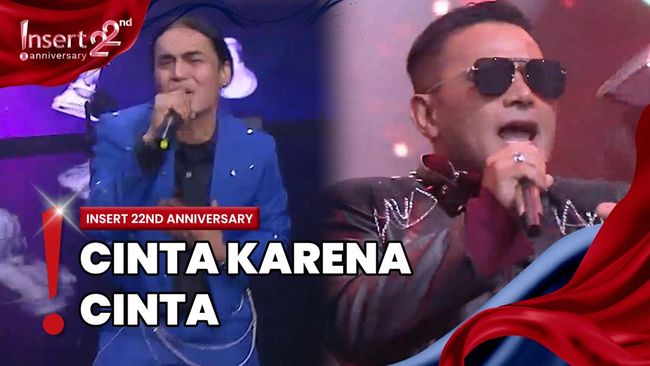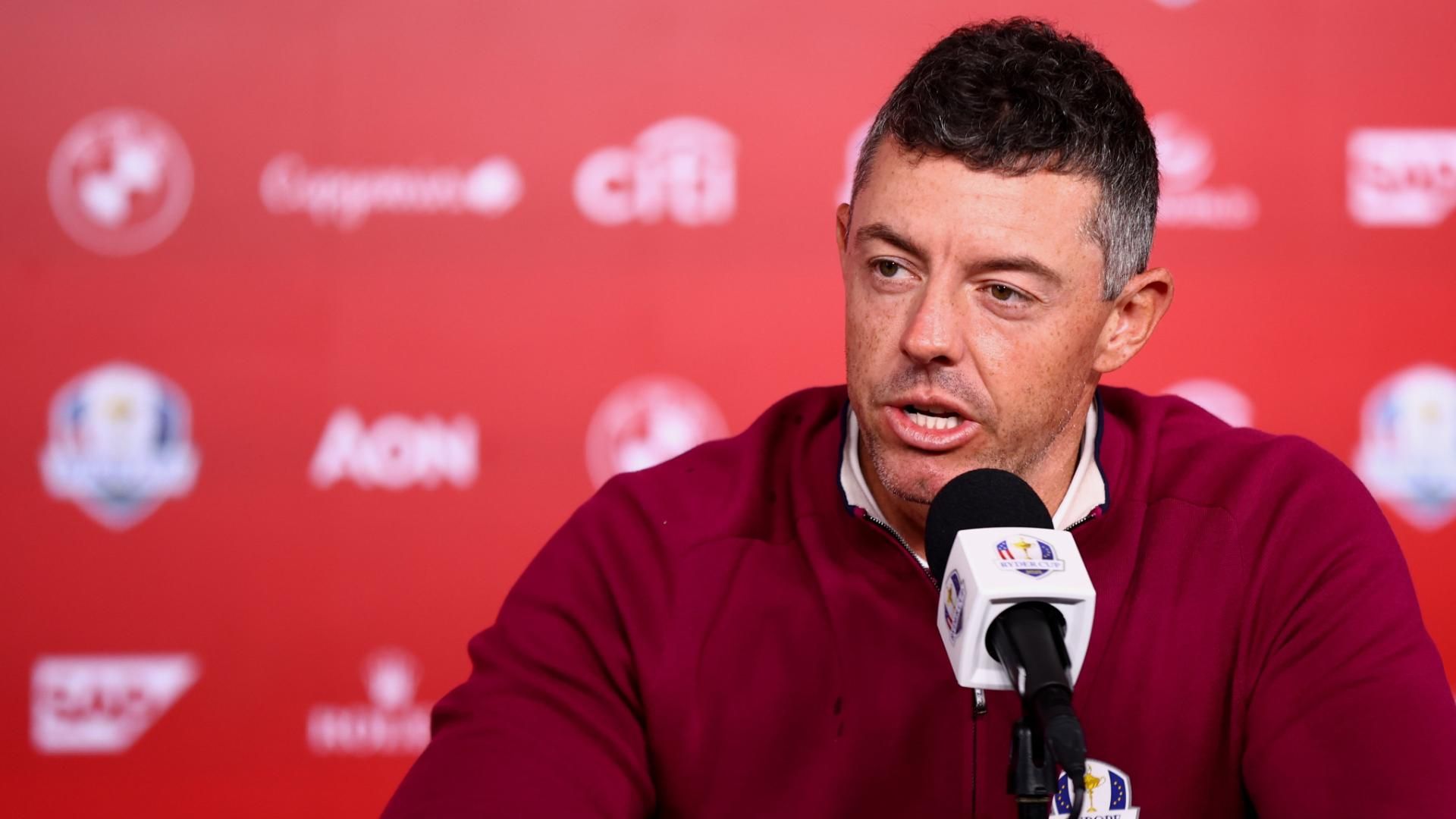
Xuan ThaiSep 25, 2025, 07:00 AM ET
- Xuan Thai is a senior writer and producer in ESPN's investigative and enterprise unit. She was previously deputy bureau chief of the south region for NBC News.
The NFL's practice of forcing coaches' employment disputes into closed-door arbitration could be heading for a shakeup after recent court decisions deeming the league's rules unenforceable. Two separate courts have ruled in favor of coaches' challenges to NFL arbitration requirements, with one panel labeling the league's arbitration process "unconscionable" and another calling it "unworthy even of the name of arbitration."
Two coaches had complained about the league's arbitration clause in the NFL constitution, which leaves NFL commissioner Roger Goodell as the final arbiter in employment disputes even when he is a defendant in those cases.
An NFL spokesman did not provide comment, but legal analysts told ESPN the court decisions are likely to have a broader impact on the power dynamic between the league and its employees.
Court proceedings typically involve discovery and a greater chance of the league's internal documents and communications becoming publicly available.
Last month, the Nevada Supreme Court called the arbitration clause inherently unfair and, as a result, unenforceable in former Raiders head coach Jon Gruden's case against the league and Goodell. Three days later, the U.S. Second Circuit Court of Appeals called the process "arbitration in name only" and determined that current Minnesota Vikings defensive coordinator Brian Flores could pursue his claims of hiring discrimination in court against the NFL and several teams.
While the two court decisions are limited in their effect to Nevada and the Second Circuit, the precedent in both cases could fuel future challenges.
Both courts took issue with constitution language that grants the commissioner "full, complete, and final jurisdiction and authority to arbitrate" over disputes between coaches and any teams. The Second Circuit's opinion was especially critical of the NFL's arbitration clause.
In essence, the courts determined the arbitration clause allows the commissioner to unfairly be both the defendant and the judge.
Mike Caspino, an attorney who successfully represented former Arizona Cardinals executive Terry McDonough in an arbitration against the team in 2024, called the current arbitration clause "an abomination of the justice system."
He said the two court decisions could potentially result in new claims from those who were previously covered by the arbitration clause.
"It's going to make people much less reluctant to bring claims against the NFL," Caspino said.
Because of the Second Circuit's decision, Flores asked a district court judge on Sept. 16 to reconsider a previous ruling that forced him into arbitration regarding his claims against the Miami Dolphins, where he was head coach from 2019-2021. The Dolphins did not respond to a request for comment. Flores also served as a coach with the Patriots and Steelers, before joining the Vikings in 2023.
David Gottlieb, an attorney for Flores, called the process a "secretive and obviously bogus process" in a statement to ESPN.
The immediate impact of the decisions for Flores and Gruden is that, pending any further appeal by the NFL, each man can pursue his individual claims in court -- potentially subjecting all parties to discovery, a jury trial and wider public scrutiny.
"We have two courts -- prominent courts -- who've ... come to the same conclusion," Caspino said. "And I just can't see how any other court is going to come to a different conclusion."
The court decisions potentially give more leverage to employees, coaches and players when it comes to negotiating future deals, analysts said. Law professor Jeremi Duru said the decisions are wins for the "underdog" and called them a "changing tide" in the fight by players, coaches and employees against arbitration.
"The commissioner's power over the course of many litigations, over the course of a couple decades, has benefited from or been strengthened by his ability to arbitrate these disputes," said Duru, who directs the Sport and Society Initiative at American University in Washington. "With that seemingly eroding as a consequence of these two cases, that is a piece of the power that I think becomes depreciated or reduced."
The two court decisions are "a bit of a wakeup call" for the NFL, said Jean Kuei, who represents employers as the head of the employment practice group at Pillsbury, Winthrop, Shaw, Pittman. The decisions could prompt teams to change policies and "workplace cultures to align more with what you typically see in corporate America." Kuei's husband is a defensive coach with the Vikings.
The court findings will impact coaches and other employees more than players, who bargain collectively, Kuei said. Despite the NFL Players Association arbitration provision in the NFL's collective bargaining agreement being "similarly one-sided," Kuei said that players would have a harder time getting out of a clause negotiated by the NFLPA.
The players "have negotiated the procedures and provisions that are in their collective bargaining agreement, and arbitration is one of them," Kuei said.
Karla Gilbride, a former general counsel for the Equal Employment Opportunity Commission, disagreed with Kuei's assessment, saying that players may now have a road map to overturn their own arbitration clauses in light of the two decisions.
"For other players or coaches or people who have contracts that incorporate the [NFL] constitution, ... they'll be able to point to these court opinions and say that those arbitration provisions can't be enforced against them either," Gilbride said.
The court opinions will serve as a guidepost for the players in the future negotiations, Gilbride said, and "increase their ability to push for greater rights for players and more equal bargaining power."

 3 hours ago
1
3 hours ago
1

















































